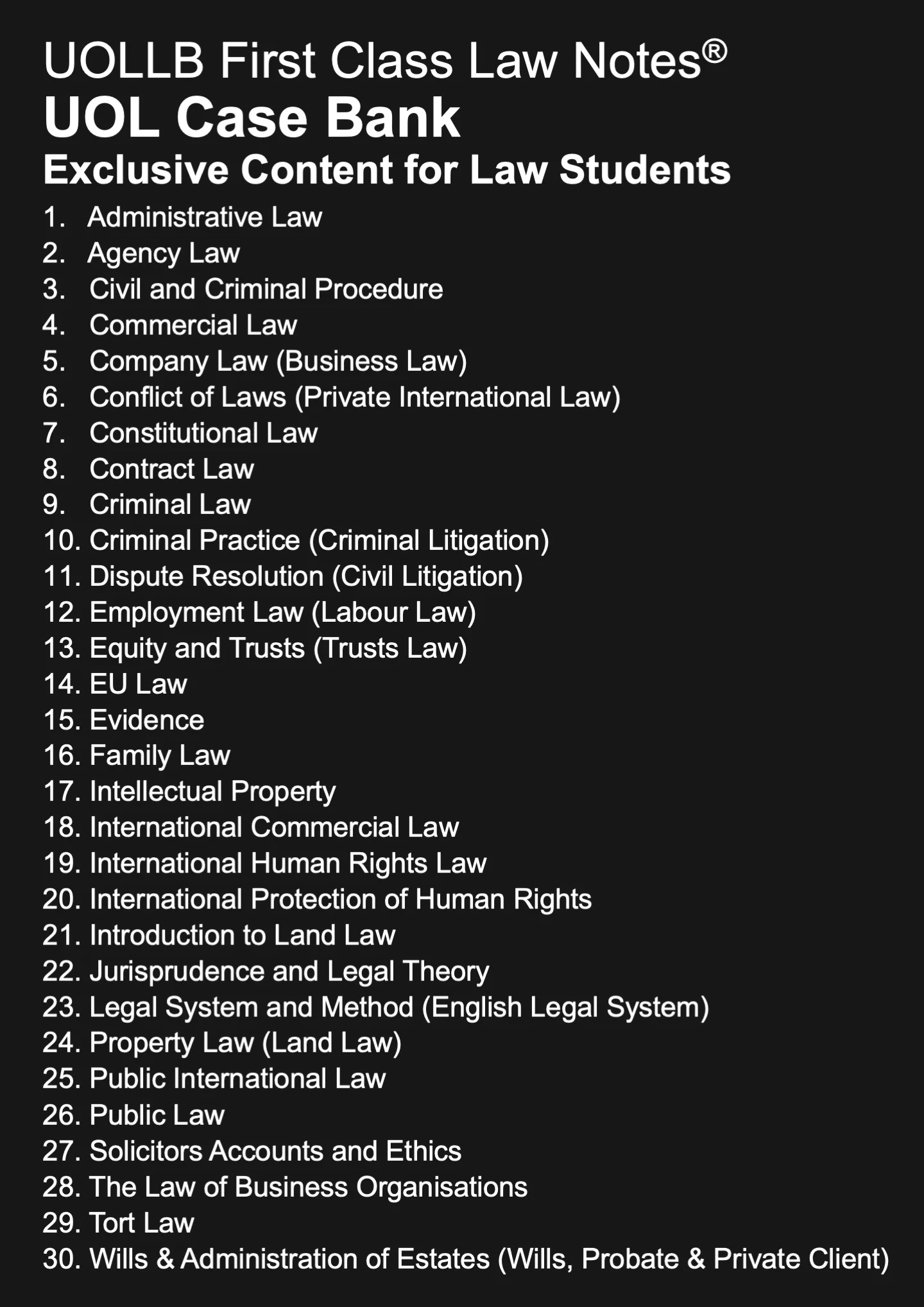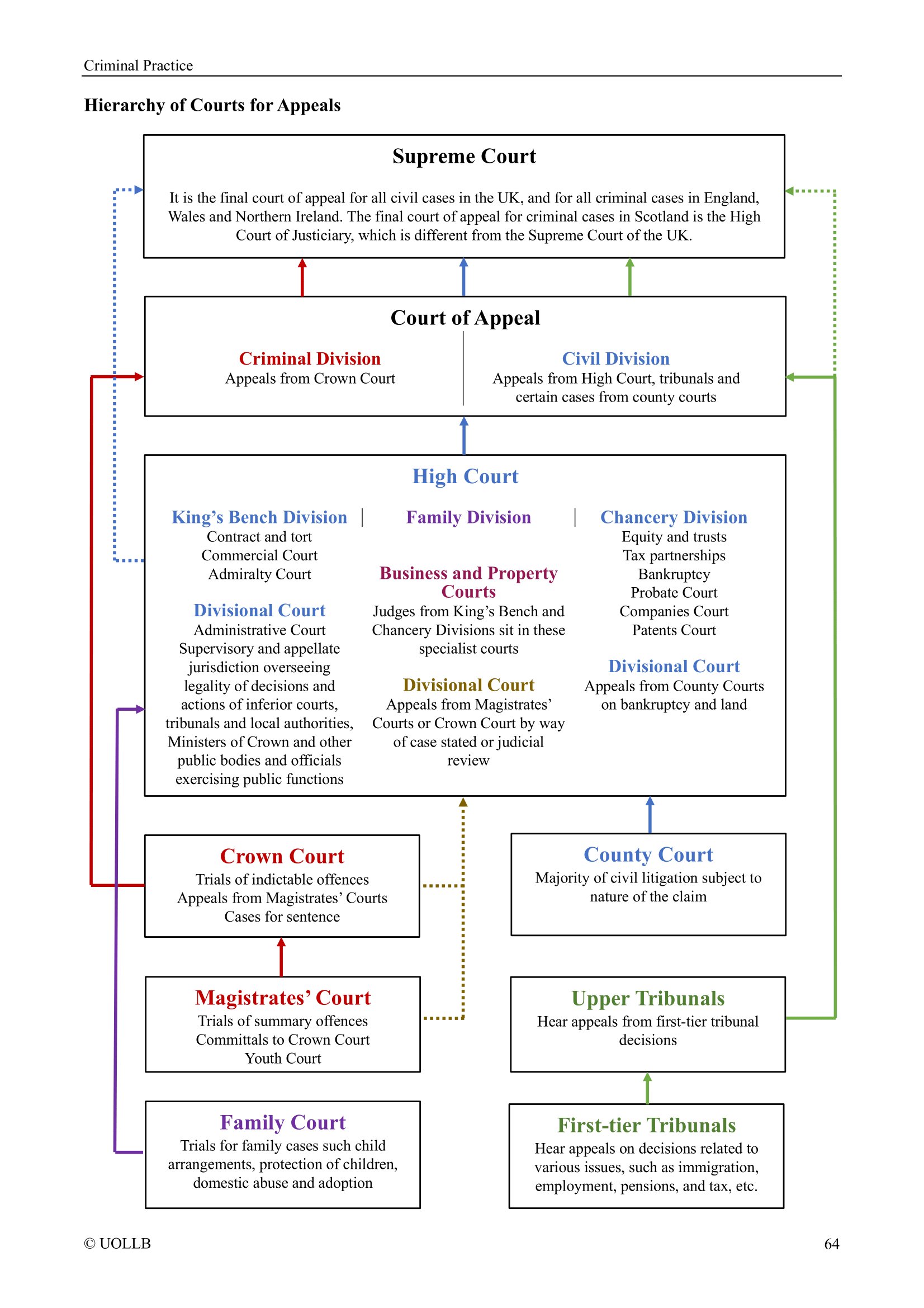Constructive Possession
Share
Constructive possession is a legal doctrine that attributes possession of an item or substance to an individual, even if they do not have physical control or immediate possession of it. In criminal law, constructive possession arises when a person has the intention and ability to exercise control over the item or substance, either individually or jointly with others.
Unlike actual possession, which involves physical custody or control, constructive possession is based on the concept that an individual can still be held responsible for items they have the power to control, even if those items are not physically on their person. The key element is the intent and capability to exercise dominion or control over the object or substance.
Constructive possession often arises in cases involving illegal drugs, firearms, or stolen property, where the defendant may not have direct physical possession but has control or access to the item. To establish constructive possession, prosecutors must prove that the defendant had knowledge of the item's presence, the ability to exercise control over it, and the intention to do so.
The doctrine of constructive possession plays a crucial role in holding individuals accountable for their association with illegal items or substances. It allows law enforcement and the justice system to address situations where individuals may try to distance themselves from direct physical possession but still exert control or influence over the item in question.
Unlike actual possession, which involves physical custody or control, constructive possession is based on the concept that an individual can still be held responsible for items they have the power to control, even if those items are not physically on their person. The key element is the intent and capability to exercise dominion or control over the object or substance.
Constructive possession often arises in cases involving illegal drugs, firearms, or stolen property, where the defendant may not have direct physical possession but has control or access to the item. To establish constructive possession, prosecutors must prove that the defendant had knowledge of the item's presence, the ability to exercise control over it, and the intention to do so.
The doctrine of constructive possession plays a crucial role in holding individuals accountable for their association with illegal items or substances. It allows law enforcement and the justice system to address situations where individuals may try to distance themselves from direct physical possession but still exert control or influence over the item in question.























































